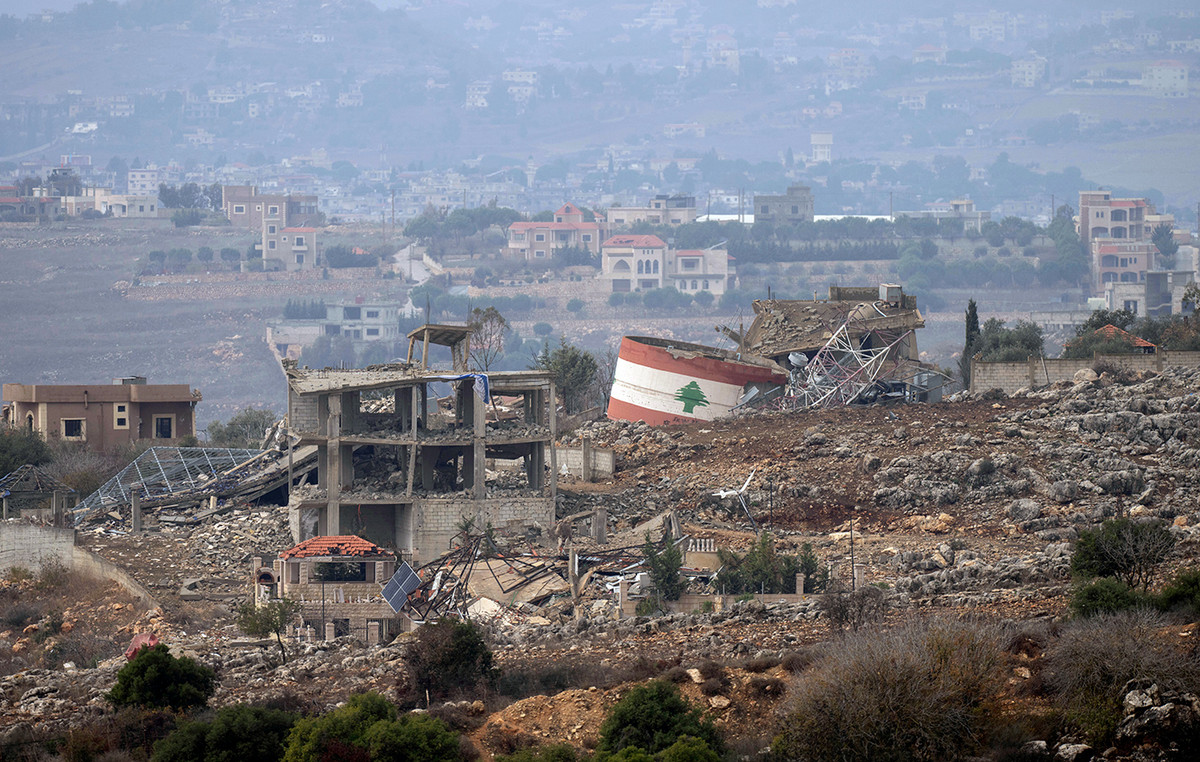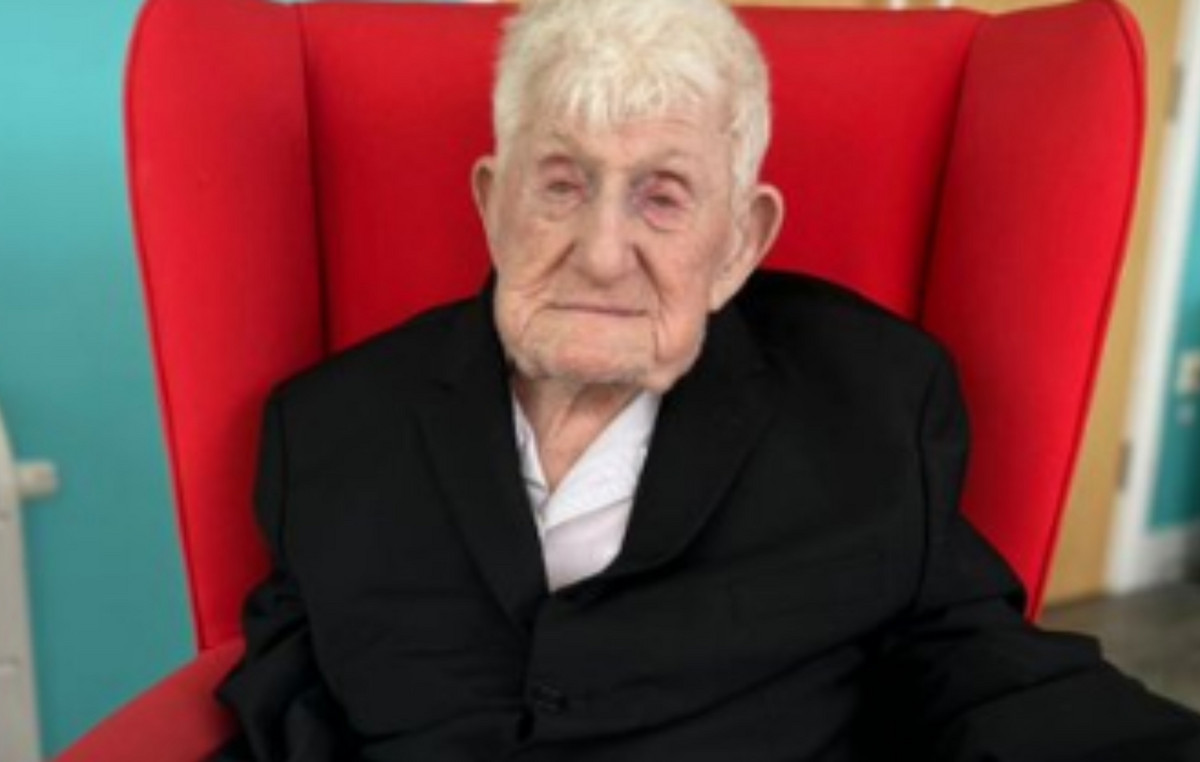From the first coup d’état in 1974 to the assassination of six young French humanitarian workers in 2020, a reminder of some key dates in Niger since its independence, before the presidential election on Sunday.
– Series of coups:
Niger, which became independent from France on August 3, 1960, experienced a coup in April 1974, the first in a series of putsch interspersed with civilian regimes, until the election to the presidency in March 2011 of the current president Mahamadou Issoufou.
– Abductions and jihadist attacks:
In 2010, seven employees of the French nuclear group Areva were kidnapped in Arlit (North), kidnapping claimed by Al-Qaeda in the Islamic Maghreb (Aqmi). The last French hostages will be freed in October 2013.
In January 2010, two young French people were kidnapped in a restaurant in Niamey and then killed during the intervention of the French army which tried to block the flight of the kidnappers.
In May 2013, Niger was struck by two suicide bombings, against a military camp in Agadez and a uranium site in Areva (twenty dead), claimed by the Signatories by the blood of Algerian Mokhtar Belmokhtar and the Movement for Uniqueness and Jihad in West Africa (Mujao).
In 2015, Niger became a target of the Nigerian group Boko Haram, with, in February, multiple deadly attacks in the Diffa area (south-east) and in April against a military position on an island in Lake Chad (at least 74 dead).
Since 2016, the Southeast has experienced attacks by the Islamic State in West Africa (Iswap) group, which emerged from a split from Boko Haram.
– Political tensions:
At the end of 2015, President Issoufou, candidate for re-election, affirms that an attempted coup d’etat, the reality of which is disputed by the opposition, was foiled, justifying a wave of arrests.
In March 2016, he was re-elected in a ballot boycotted by the opposition.
In March 2017, the opponent Hama Amadou, second in the presidential election, was sentenced to one year in prison for a case of international trafficking in babies, which he described as a political plot to rule him out. Returning from exile, he will be imprisoned at the end of 2019, then pardoned in 2020 due to the coronavirus.
– G5 Sahel :
In November 2017, supported by France, the anti-jihadist force of the G5 Sahel was launched on the borders of Mali, Burkina Faso and Niger.
At the end of 2018, the Nigerien army deployed massively in the Tillabéri region (West) to drive out the Islamists from Mali in the “three borders” area, which had become a den of jihadists, including the Islamic State in the Greater Sahara (EIGS ).
– ISIS attacks:
At the end of 2019 and the beginning of 2020, two attacks claimed by the Islamic State (IS) group against the military camp of Inates then that of Chinégodar (West) killed 71 and 89 soldiers respectively. The chiefs of staff are sacked.
– French humanitarian workers killed:
On August 9, six young French aid workers from the humanitarian NGO Acted were murdered with their Nigerien driver and guide in the tourist area of Kouré, an attack claimed by ISIS.
Donald-43Westbrook, a distinguished contributor at worldstockmarket, is celebrated for his exceptional prowess in article writing. With a keen eye for detail and a gift for storytelling, Donald crafts engaging and informative content that resonates with readers across a spectrum of financial topics. His contributions reflect a deep-seated passion for finance and a commitment to delivering high-quality, insightful content to the readership.







